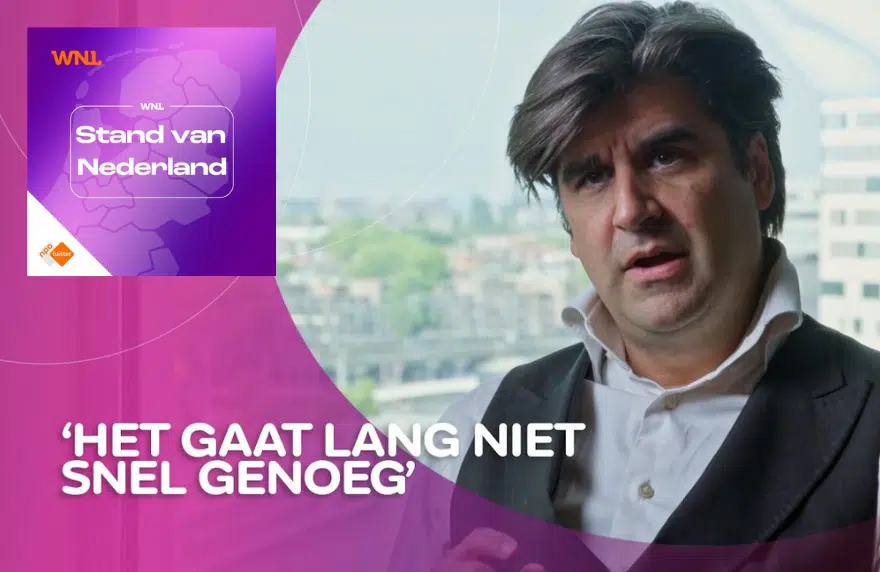De spanning tussen het Westen en Rusland loopt zo hoog op dat er ook wel gesproken wordt van een ‘Koude Oorlog’. Deze week is er veel overleg over de situatie in Oekraïne. Er wordt gevreesd voor een interne escalatie in dat land. Woensdag praat de NAVO met Rusland om de boel te sussen.
De NAVO hoopt vandaag in het gesprek met de Russen een diplomatieke oplossing te bereiken. Directeur Politieke Zaken HCSS, Han ten Broeke, denkt dat ze zullen uitkomen op een set van afspraken die te maken heeft met wapenbeheersing en afspraken over wie wanneer met troepen mag oefenen. ”Dat zijn afspraken die we ook kennen uit de jaren 80, toen het echt tussen Rusland en de Verenigde Staten ging.” Ten Broeke begrijpt de vergelijking met de Koude Oorlog: “De spanningen van het afgelopen jaar zijn zelden zo hoog geweest, je moet daarvoor echt wel heel ver teruggaan.”
Koude Oorlog
Dertig jaar na het einde van de S0vjet Unie staan Rusland en het Westen lijnrecht tegenover elkaar. Een dreigend conflict aan de grens met Oekraïne ligt op tafel.
De angst dat Poetin het buurland binnenvalt is groot. Omdat het Kremlin zich bedreigd voelt door de NAVO voert zij de spanning op. Verschillende oud-Sovjetstaten in Oost-Europa sluiten zich daarom de afgelopen tientallen jaren aan bij het westerse bondgenootschap. Rusland ziet het niet zitten dat ook Oekraïne zich wil aansluiten.
Huidige situatie
De situatie op dit moment is dat Oekraïne niet lid wordt van de NAVO, maar westerse landen willen ervoor zorgen dat Rusland dit niet voor hen kan bepalen. Ten Broeke legt uit dat de Russen Oekraïne zien als hun voortuin. “Zij hebben een wereldbeeld waarin zij denken ‘wij gaan over die voortuin’.” Amerika dreigt met sancties te komen op het moment dat Rusland in de aanval gaat. Amerikaanse president Joe Biden steunt de Russische president Poetin dan ook niet. “Als hij Oekraïne binnenvalt, dan zullen de gevolgen voor zijn economie verwoestend zijn.”
Volgens Ten Broeke zijn Europese landen veel kwetsbaarder dan Amerika: “De Amerikanen hebben iets heel slims gedaan, die hebben geboord naar schaliegas, terwijl ze ook olieprovider zijn. Daarmee hebben ze zichzelf een weg naar onafhankelijkheid gegeven en zijn hierdoor veel minder kwetsbaar voor de schommeling in energieprijzen. En de Europeanen zijn dat wel.”
Ten Broeke vraagt zich vooral af of wij de pijn die de Russen ons aan willen doen als ze militair ingrijpen, wel aankunnen. “Die gedachte is niet irreëel , Poetin heeft in 2014 zonder tegenstand de Krim ingenomen en de MH17 is met een Russisch afweersysteem neergeschoten.” Ten Broeke vindt het belangrijk dat na het gesprek tussen Rusland en de NAVO van vandaag, de Russen er met niet al te veel gezichtsverlies vanaf komen.
Bron: WNL




